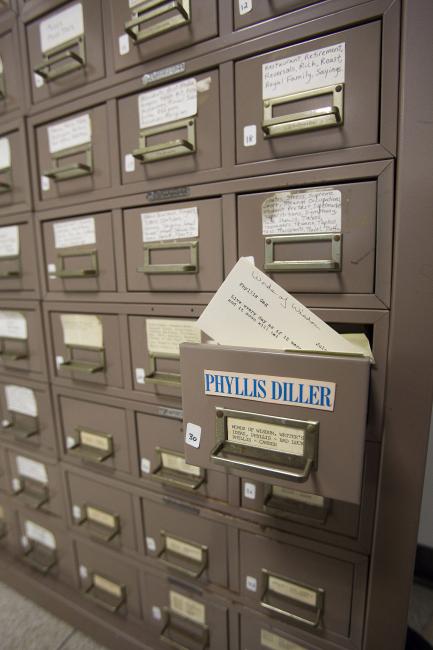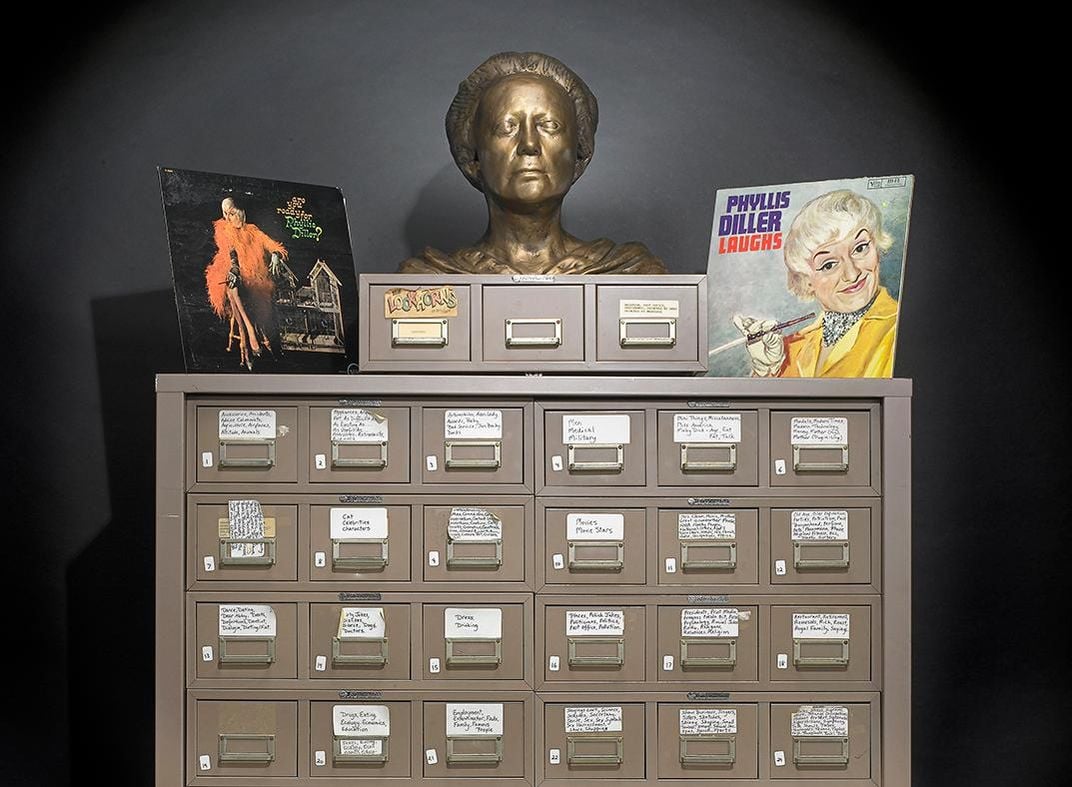As long as you know and understand what you're writing, use as many languages as you or your zettelkasten wants or needs.
I'm often working with ideas from other languages and cultures which have no direct translations into English, so I use those native words interspersed with English. Sometimes I don't have words in any language and make up a shorthand phrase in English until I can come up with a better word. Often I'll collect examples of the same "foreign" words in multiple contexts to tease out their contextual meanings as was comprehensively done with large group zettelkasten like the Thesaurus Linguae Latinae and the Wörterbuch der ägyptischen Sprache. I also frequently use mathematical symbols, equations, and other scientific notations, graphs, drawings, color, etc. to make my meanings clear.
I've also worked with historical figures who have had names in multiple languages over the centuries and cross index them in a variety of different languages based on context. As an example, I've got at least 11 different variations of names for Ramon Llull in almost as many languages and variations of transliterations. I try to keep each one in its original context, but link them in my index.
There are certainly zettelkasten out there written in four and more languages as suited the needs of their users. S.D. Goitein certainly used Hebrew, English, German, Arabic, Aramaic in his and may have likely had other languages (Yiddish, Coptic, Egyptian?) interspersed to lesser extents. Adolph Erman certainly used Egyptian hieroglyphs along with German in his. It can easily be argued that their zettelkasten and work required multiple languages.
https://web.archive.org/web/20180627163317im_/https://aaew.bbaw.de/wbhome/Broschuere/abb08.jpg A example zettelkasten slip showing a passage of text from the victory stele of Sesostris III at the Nubian fortress of Semna. The handwriting is that of Adolf Erman, who had "already struggled with the text as a high school student".
At the end of the day, they're your notes, so write them as you like.
/https://tf-cmsv2-smithsonianmag-media.s3.amazonaws.com/filer/20110812093005phyllis-diller-joke-cabinet.jpg)





/https://tf-cmsv2-smithsonianmag-media.s3.amazonaws.com/filer/94/95/9495cde8-9a8a-4473-b96e-a22ba8ff7b0d/et201028667web.jpg)